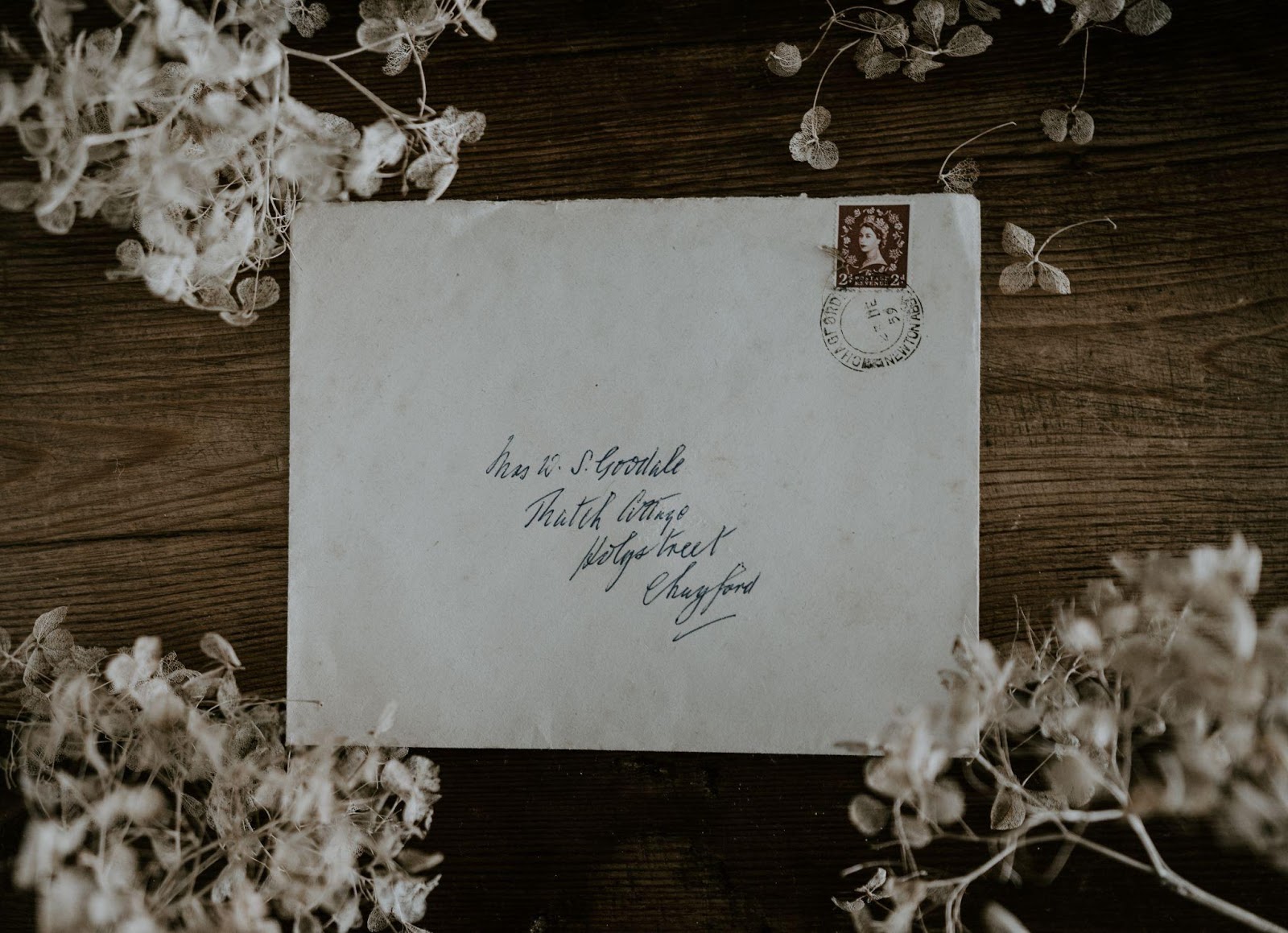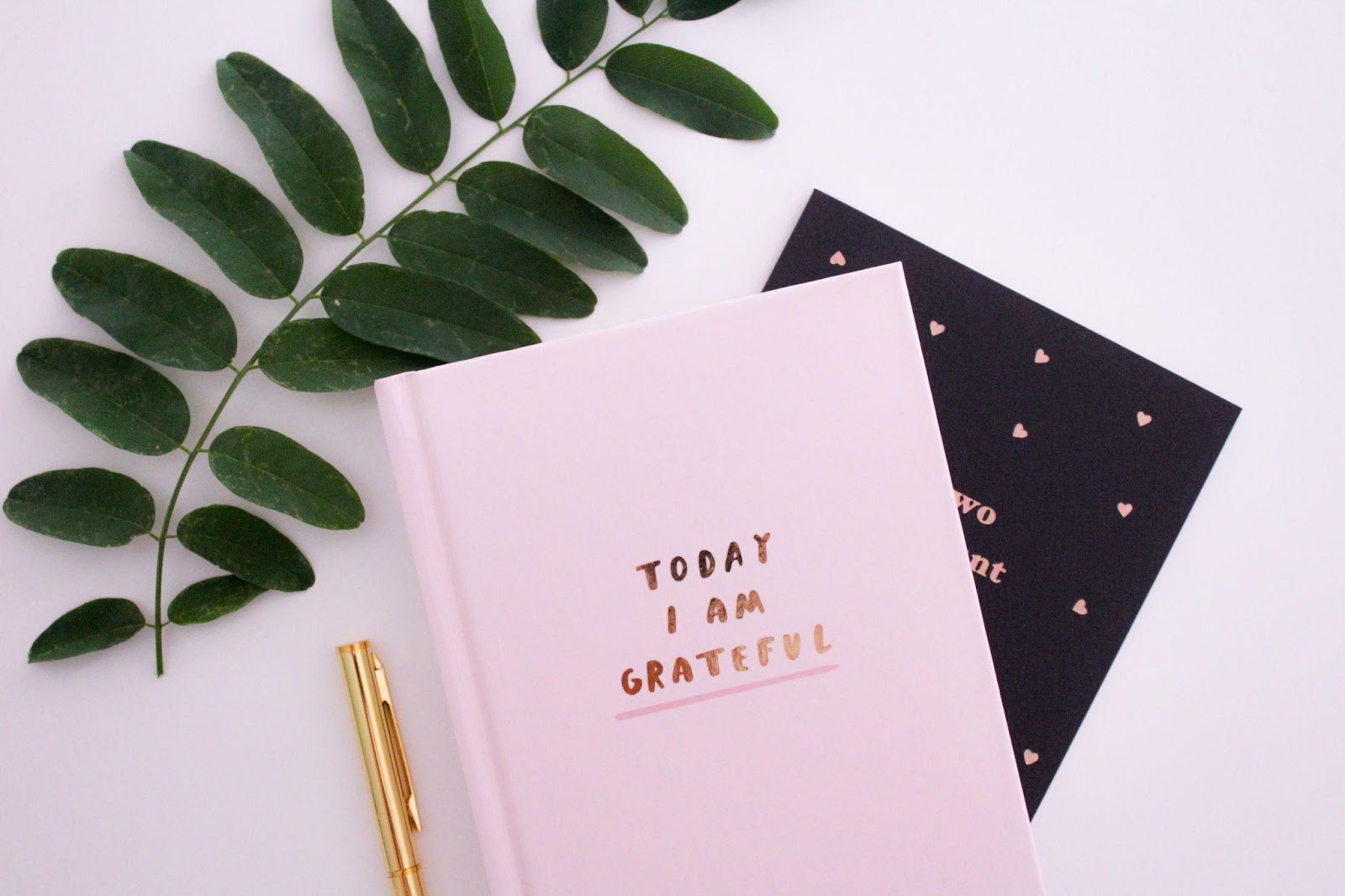When I was 12, I kept a journal. I wrote about the classes I dreaded the most (Social Studies and English), the boys I had a crush on, bullies that kept pestering me after school, and dreams of becoming Sherlock Holmes when I grew up. I wrote freely and comfortably. However, during middle school and throughout university that pastime stopped. I started believing that journaling was a children’s activity, considered it a waste of time (why write about something you encountered when there didn’t seem to be an inherent purpose?), and stopped reflecting. It would be a long time before I put pen to paper and started letting ideas, thoughts, and emotions flow freely.
At the beginning of the COVID-19 lockdown, I started journaling again. I first started thinking about journaling again while looking up ways to make meaning of such an extraordinary event. What could possibly be good about a global pandemic? Why was it that all the plans and extra-curricular activities I was so proud of were cancelled? While I witnessed people around me start businesses, explore hobbies, and challenge themselves with online classes, I felt stuck without ambition or drive. Without the comfort of a library or cafe environment available, I struggled to learn and focus on the tasks at hand in my home. When I first Googled “managing mental health during COVID-19 pandemic,” the first results that surfaced were “eat balanced meals” and “meditate every day.” I wasn’t surprised by these offerings, so I kept reading. I learned about how journaling transformed one author’s experience during COVID-19, so I decided to give journaling a try.
At first it was awkward. I was writing about my random jumble of thoughts that didn’t seem to make sense to anyone but myself. I also realized that I was jotting down what happened during the day, rather than how I had felt about them. Journaling almost felt like a to-do list on some days, but when I wrote about my feelings journaling was like writing a complaint letter with an assortment of annoyances from the past day, month, and year. After a few days of scribbling down my thoughts, I slept better. It felt as if I had unloaded some of the negativity onto the page instead of harboring it in my mind. Other times, when I attended webinars, I found that I retained very little information until I had processed this information by writing it down myself. From a personal and professional perspective, written reflection taught me how to articulate my thoughts and pinpoint my feelings.
Some of the common myths about journaling are that journaling is for a younger audience, or for an audience with a particular academic background such as philosophy or libreral artss. However, this is far from the truth. One time when I was talking to a colleague about journaling, our mutual boss chimed in and voiced his enthusiasm for journaling. He, like me, majored in pharmacy. Some of the other myths I’ve heard about journaling include:
- You have to journal with pen and paper
- You should only record your deepest and most meaningful thoughts and feelings
- Journaling is narcissistic
- Journaling is only good when you have negative emotions
- There is a proper way to journal
One interesting thing I’ve learned about journaling is that while some people swear by pen and paper, others enjoy tapping away at their laptop. There is no “right” or “wrong” way to journal. If your words help you derive meaning of events and thoughts, the exercise is worthwhile and personal. Moreover, not every journal entry needs to be deeply insightful. Some days, my journal might consist of a few thoughts in my mind, ideas to help catapult my career, or even just a quirky line I learned from an acquaintance.
Beyond my personal experiences I’ve come to learn, serendipitously, that other students like myself have been journaling during the pandemic. Some use it as a built-in self-care routine, and others have used it to build the career they envisioned. Regardless of the rationale for this habit, all the individuals I’ve connected with who journal have felt happier, more fulfilled, and in touch with their inner thoughts. We have come to appreciate the challenges and adversities that come with their own journeys. Whether it’s pandemic fatigue or graduation anxiety, when we feel mentally and physically trapped journaling gives us a new perspective.
I asked several of my peers why they like to journal, and here’s what they’ve shared:
- Writing helps you be creative, solve problems, track personal patterns of behaviour, be honest with yourself, and check in with yourself from time to time
- Writing helps you articulate your thoughts and emotions better
- Use writing to gain clarity for future plans and goals
- Track progress; document lessons learned, challenges encountered, and roadblocks to achieving your goals
One of the most creative ways I’ve used my journal in the past month was pasting in a list of qualifications from a job posting that I was too junior for, and highlighting the experiences and training that I was lacking. Then in my journal entry I discussed the ways I can attain those qualifications within two or three years. Another non-traditional journal entry I have includes a letter I wrote to my 18 year old self about what I wish I had known, the resources I had access to, and the wisdom I’ve gained since graduating from high school. These reflections helped make sense of my identity and made sense of the decisions I made throughout my time at the University of Alberta.
So now that I’ve (hopefully) convinced you to journal, what are some ways to get started?
- Bullet journal: The Bullet Journal is an organizational system in a notebook that is excellent for goal-setting and laying out events on a timeline. Some also call this type of journaling “rapid logging.” Check out this great article, Using a Bullet Journal to Stay Organized, written by my fellow YouAlberta blogger, Laura, for more ideas.

- Free writing: My favorite journaling method is a combination of free writing with a few restrictions. Typically I set a timer and write down whatever comes to mind in the 10-15 minutes I have before bed. For others, it means setting a page goal and filling the pages (or word count online) to express your thoughts each day. The goal of this type of journaling is to allow an uncensored experience of letting your thoughts flow. Sometimes it might turn into a ramble but other times it can spark some meaningful monologues.

- Unsent letters: Another popular method of journaling includes writing a letter to a colleague, friend, classmate, professor, or employer that is never intended to be mailed. This is an incredibly cathartic exercise that helps manage our emotions and regulate them. Sometimes, this can precede an actual conversation with the target individual. For myself, sometimes I enjoy writing letters to a future or past version of myself. Both help offer insight into the gap between our ideal and current selves.

- Gratitude journals: The final journal I’ve been introduced to is a journal that can elevate our mood, confidence and mental health. Keeping a gratitude journal can help shift our attention to the present. Particularly during the pandemic, I have found that ending a Zoom meeting with one sentence of gratitude has been transformative in team settings. Appreciating ourselves and the forces in our lives can be a powerful first step towards self-love.

